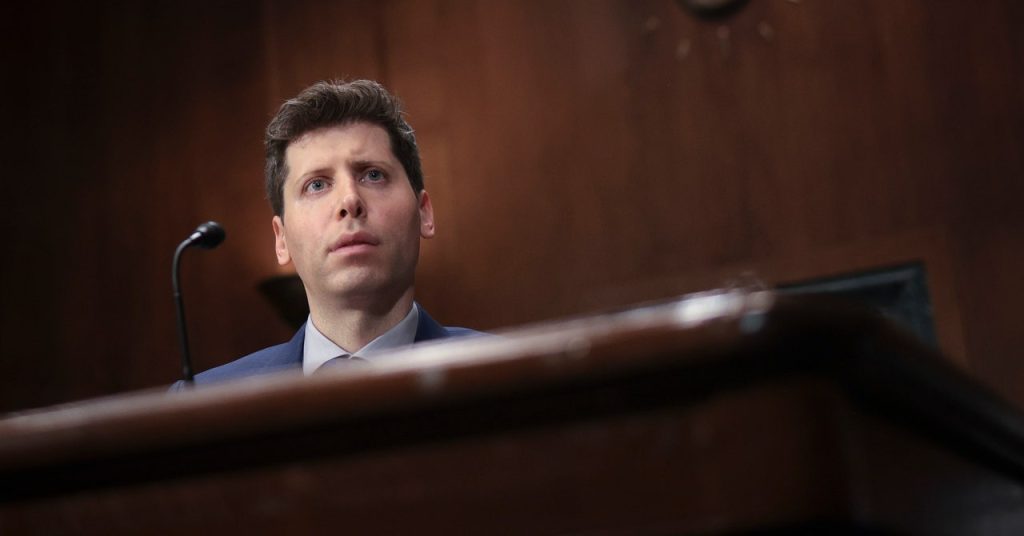Elon Musk Files Lawsuit Against OpenAI and Sam Altman
Elon Musk has filed a lawsuit against OpenAI and its CEO, Sam Altman, claiming that they have strayed from their original mission of safeguarding humanity against the potential dangers of artificial general intelligence (AGI). The lawsuit alleges that OpenAI has become a de facto subsidiary of Microsoft, the world’s largest technology company, and has abandoned its commitment to open-source AI development.
The Transformation of OpenAI
According to Musk’s lawyers, OpenAI has undergone a significant transformation since its inception as a nonprofit organization dedicated to ensuring that AGI benefits humanity. In late 2019, after Musk left the company’s board, OpenAI established a for-profit arm with a less altruistic focus. The profits of this arm, OpenAI LP, are technically capped, with investors able to receive up to 100 times their investment, while any excess profits are directed back to the nonprofit.
Microsoft’s Investment and Regulatory Scrutiny
The immense popularity of ChatGPT and the demand for the underlying GPT-4 AI model has made OpenAI’s for-profit business worth a staggering $29 billion. Microsoft has invested approximately $13 billion into this venture, forming an alliance that has attracted the attention of regulators in the United States, European Union, and United Kingdom. The UK’s Competition and Markets Authority (CMA) launched an investigation in December to determine if the partnership could potentially harm competition in the AI market.
GPT-4 is hence the opposite of ‘Open AI’.
The Debate Over Open-Source AI
The lawsuit highlights the ongoing debate surrounding the openness of AI models, which can range from fully open-source to fully closed, depending on the extent to which their inner workings are shared with researchers and the public. Proponents of open-source argue that it promotes transparency and fosters innovation, while critics warn that it could make powerful AI models accessible to criminals or geopolitical adversaries. David Shrier, professor of practice, AI and innovation at London’s Imperial College Business School, notes that Meta‘s “LLaMA” model is an example of a more open approach compared to OpenAI’s GPT-4.
Concerns Over OpenAI’s Commercial Success
Musk’s lawsuit reflects growing concerns about OpenAI’s commercial success and its adherence to its founding charter. The company has pledged to “avoid enabling uses of AI or AGI that harm humanity or unduly concentrate power.” However, recent events, such as the board crisis in November and the hiring of key OpenAI executives by Microsoft to lead its own AI team, have raised questions about the nonprofit side of the business and its control over the for-profit arm.
Altman’s Reinstatement and Musk’s Beliefs
When Altman was reinstated at OpenAI, he announced a “new direction” for the company, which the lawsuit claims caused Musk “extreme mental stress.” Musk believed and continues to believe that AGI poses a particularly acute and noxious danger to humanity when in the hands of a closed, for-profit company like Google. The lawsuit alleges that Altman assured Musk that OpenAI would be “the opposite of Google,” but now Musk claims that his money was instead used to create a “for-profit partner of the world’s largest corporation.”

1 Comment
Elon taking on AI giants; who would’ve thought